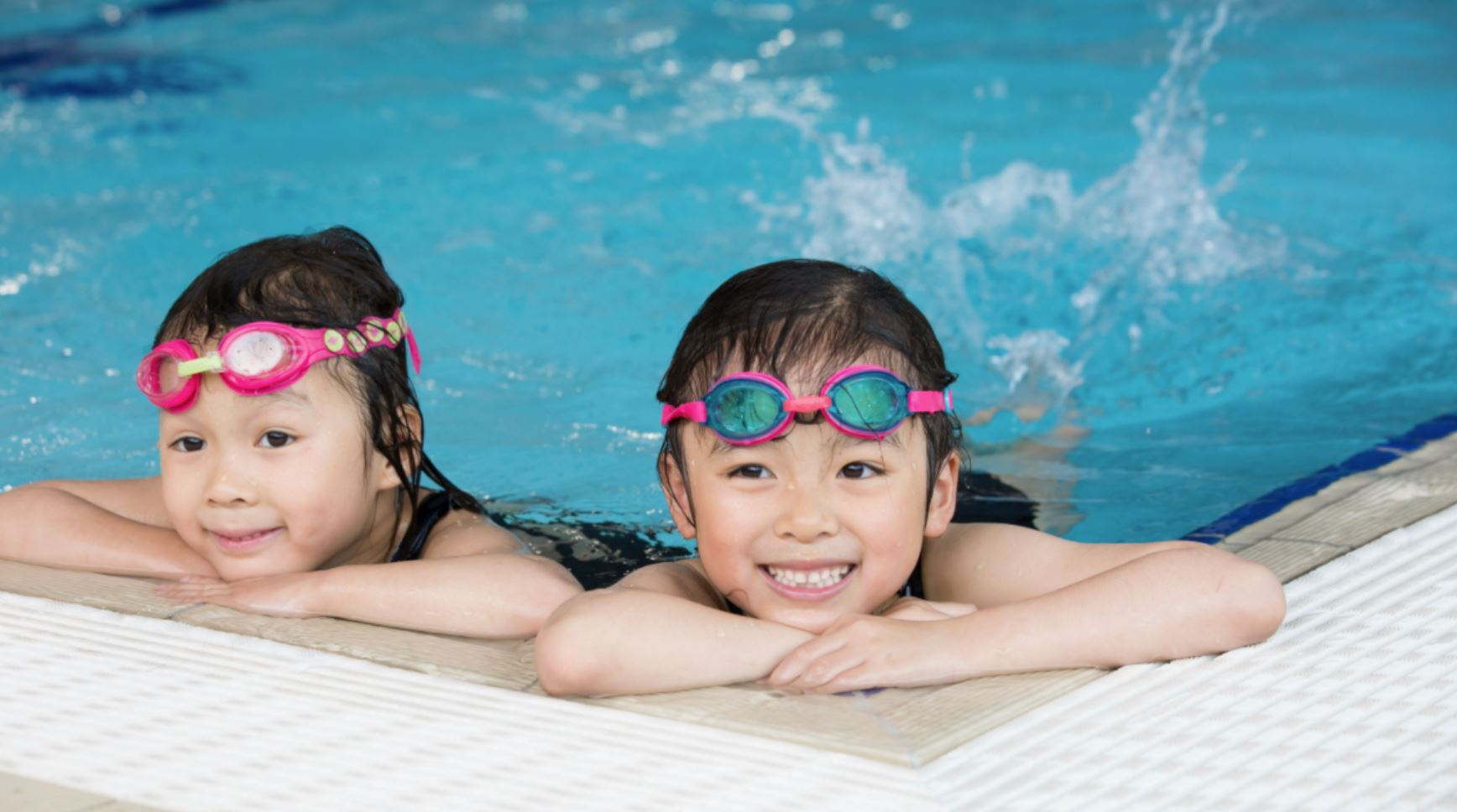They may be demanding on the schedule, but extra-curricular activities – especially sports – provide kids of all ages with immeasurable benefits; not only physically, but psychologically, too.
According to leading child and educational psychologist Andrew Greenfield, without at least a basic level of physical activity in a child’s routine, they are at risk of missing out on valuable social, cognitive and muscular development.
“Some children thrive in team sports and others suit more individual activities, but the common denominator is to provide kids with a wide variety of experiences, as part of a healthy, balanced lifestyle,” says Andrew.
But it can be hard to know which co-curricular activity is best for your child, and whether you’re making the right choice in the type of physical activity they participate in.
Here in Australia, swimming is the obvious choice, and Andrew sees it as a non-negotiable.
“Swimming can significantly aid a child’s mental and behavioural development, while also training children to follow instructions – assisting them to develop their auditory working memory skills – and develop traits such as patience, persistence and motivation,” says Andrew. “That’s part of the reason why I’m an ambassador for Kingswim myself.”
So, what else can kids gain from being involved in sport? Andrew has listed the top five benefits that sport can provide as an extracurricular activity.
Muscle development, coordination and balance
One of the most obvious physical benefits to sport is that it advances your health and fitness levels, but the benefits to your children extend beyond this. Physical activity assists with healthy muscle, bone, tendon and ligament growth. Low-impact sports in particular are a safe way to facilitate this without injury or damage that can sometimes occur when participating in impact sports. Sports also assist in the refinement of motor skills that are essential for coordination and balance.
Behavioural
Both team and individual sports require your child to listen and follow instructions correctly – sometimes, to guarantee the success of their team and other times, for the safety of themselves and others. Not only is this skill beneficial within the school environment, but also when at home. Extracurricular sport is also extremely beneficial for learning how to set goals, which can teach children to have intrinsic motivation for reaching milestones throughout their childhood and as an adult.
Releases endorphins
It’s no secret that exercise plays a key role in improving mood. This is because during physical activity your body releases endorphins which creates a natural high. In addition to boosting mood and creating feelings of positivity and happiness, Andrew says that sport also helps to reduce stress, anxiety and can even improve sleep.
Advanced social skills
Not only is extracurricular sport good for children’s cognitive and physical health, but it can play an important role in developing social skills and making positive connections. Sport helps children learn the skill of turn-taking, a valuable social lesson that encourages good sportsmanship. Sports also provide an opportunity for children and their parents to make friendships outside of the school environment and broaden support networks. Driving your children to and from their training sessions, games or competitions is a fantastic way for you to bond with your child, too.
Water safety
This one is specific to swimming, but too important for Andrew to leave off the list! While all co-curricular activities are fantastic options for your child, swimming lessons are the only way to ensure your child has the skills they need to stay safe in and around water. Once equipped with the essential water safety skills, both you and your child will begin to feel more confident, comfortable and ready to enjoy a lifetime of fun in and around the water.




